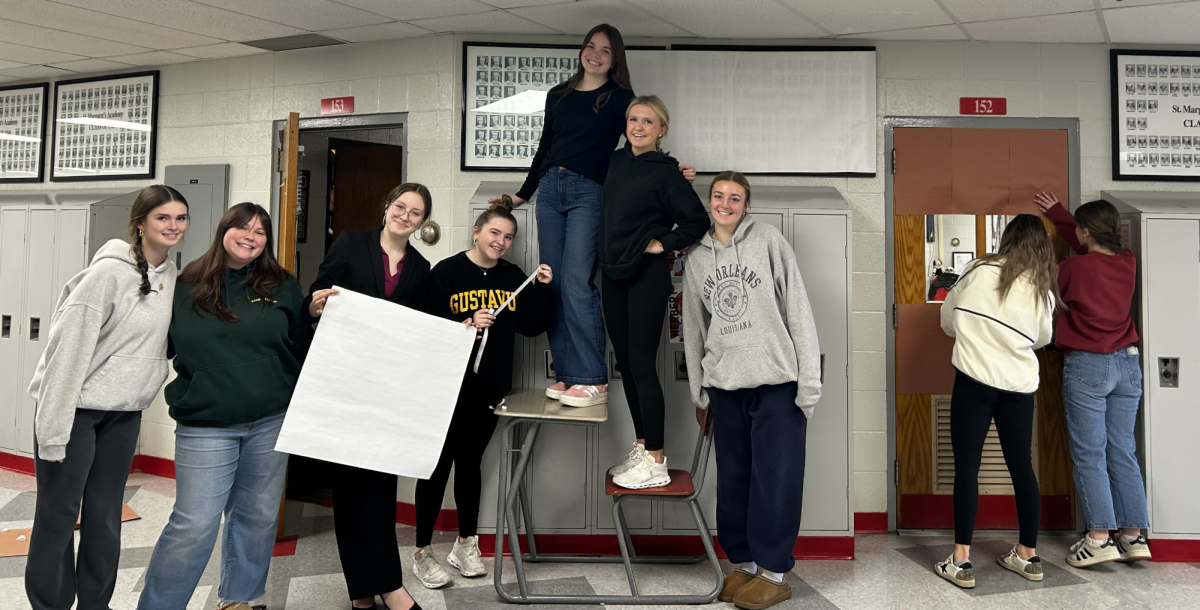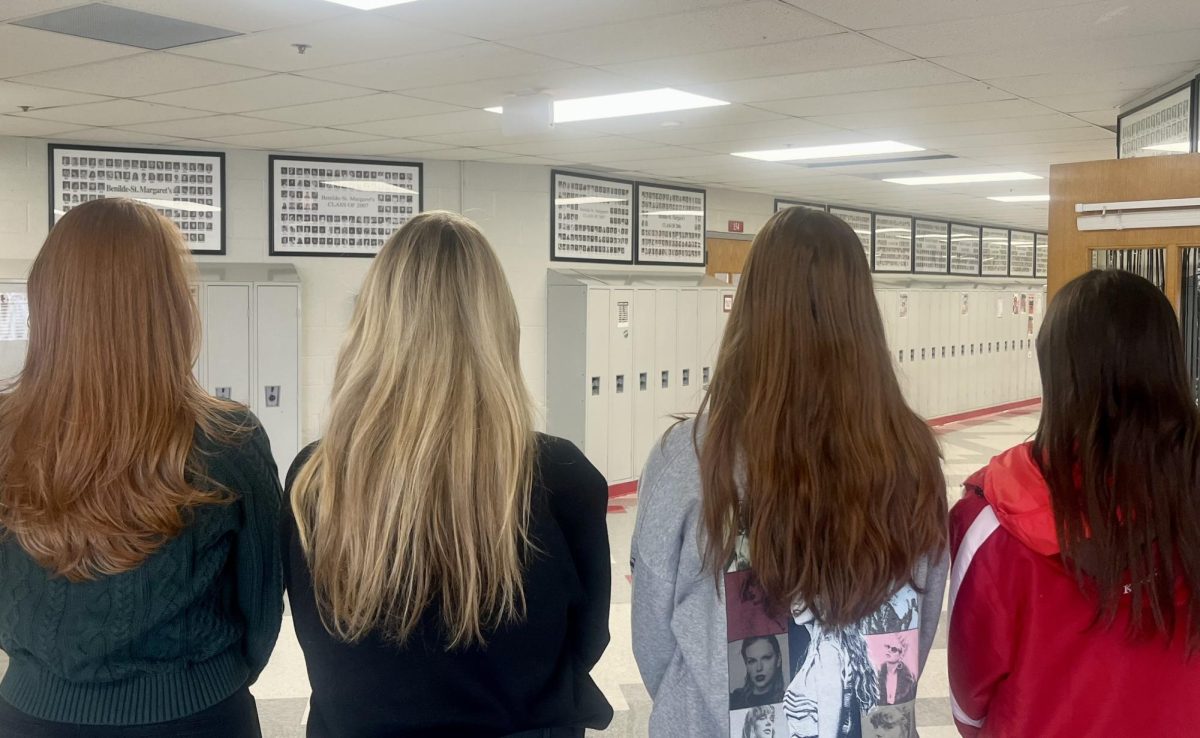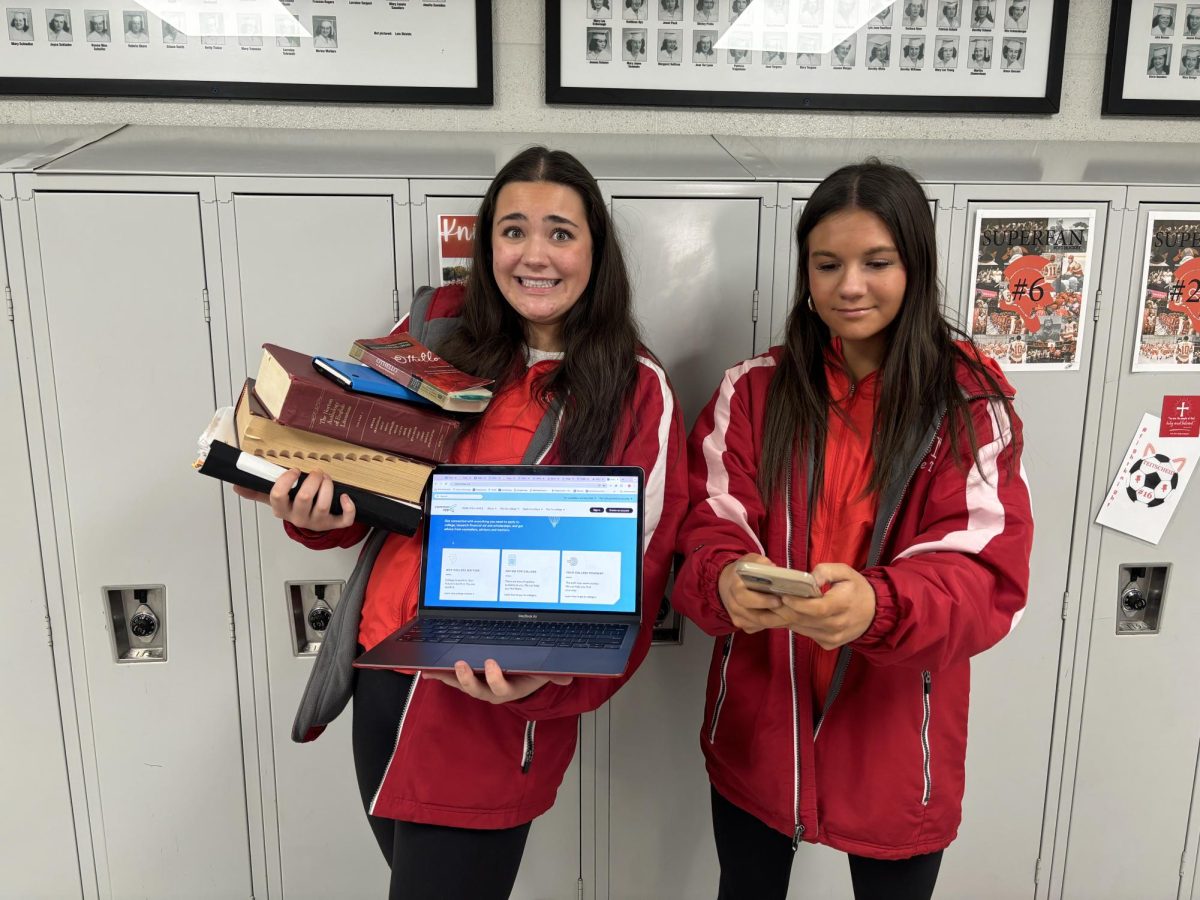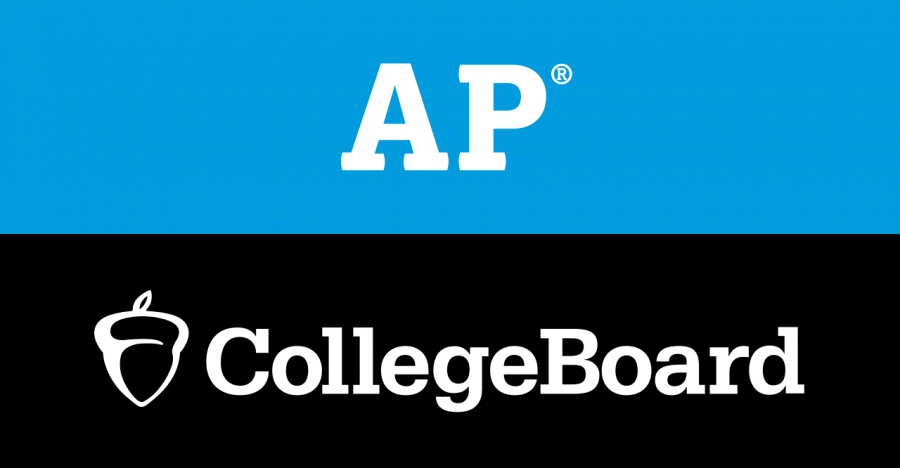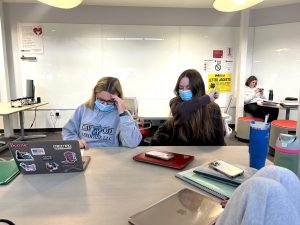Changes made to AP tests due to COVID-19 crisis
AP College Board Logo; fair use
Advance Placement testing was forced to make serious changes after the COVID-19 outbreak.
April 8, 2020
This spring, everybody around the world was hit with unexpected challenges due to COVID-19 that started to seriously affect everyday life. Of the many complications caused by the global pandemic, one that high schoolers across the country took issue to was Advanced Placement (AP) testing.
The unknown that surrounds this crisis caused the AP board to make drastic changes to the routine testing. “I think the College Board was faced with trying to figure out what the next best steps should be during this unprecedented time, and they were faced with coming up quickly with a solution to a worldwide, very complex program that affects so many students, teachers, high schools, and colleges,” guidance counselor and AP coordinator Mrs. Amanda Anderson, said.
In previous years, the tests have typically been administered in the first couple of weeks of May in a controlled setting forbidding the use of notes and class study material. “They are going to be open notes, open-book tests that are not multiple choice. So, their idea is that students will really have to think critically about questions, and it won’t just be rote memory being tested – it’s more of students’ understanding of concepts, events, places, people, etc. They are providing two online testing dates for each AP subject—one sooner, one later—so that students can choose what works best for them,” Anderson said.
Because of the unconventional new way students are now being taught, the AP tests will include material that was supposed to be covered before March, eliminating the unfairness because of the inconsistency in education during this time. “I think students might be happy because they won’t have as much material to cover when studying for the exams,” Anderson said.
The student AP test experience will be incredibly different this year with shortened tests, no multiple-choice, and online testing. “I think most colleges are also going to feel like they have to give students credit even with this shortened testing format due to the COVID-19 situation. Also, students are likely going to be more comfortable taking a test in their own homes. I would imagine that test anxiety won’t be as bad,” Anderson said.








